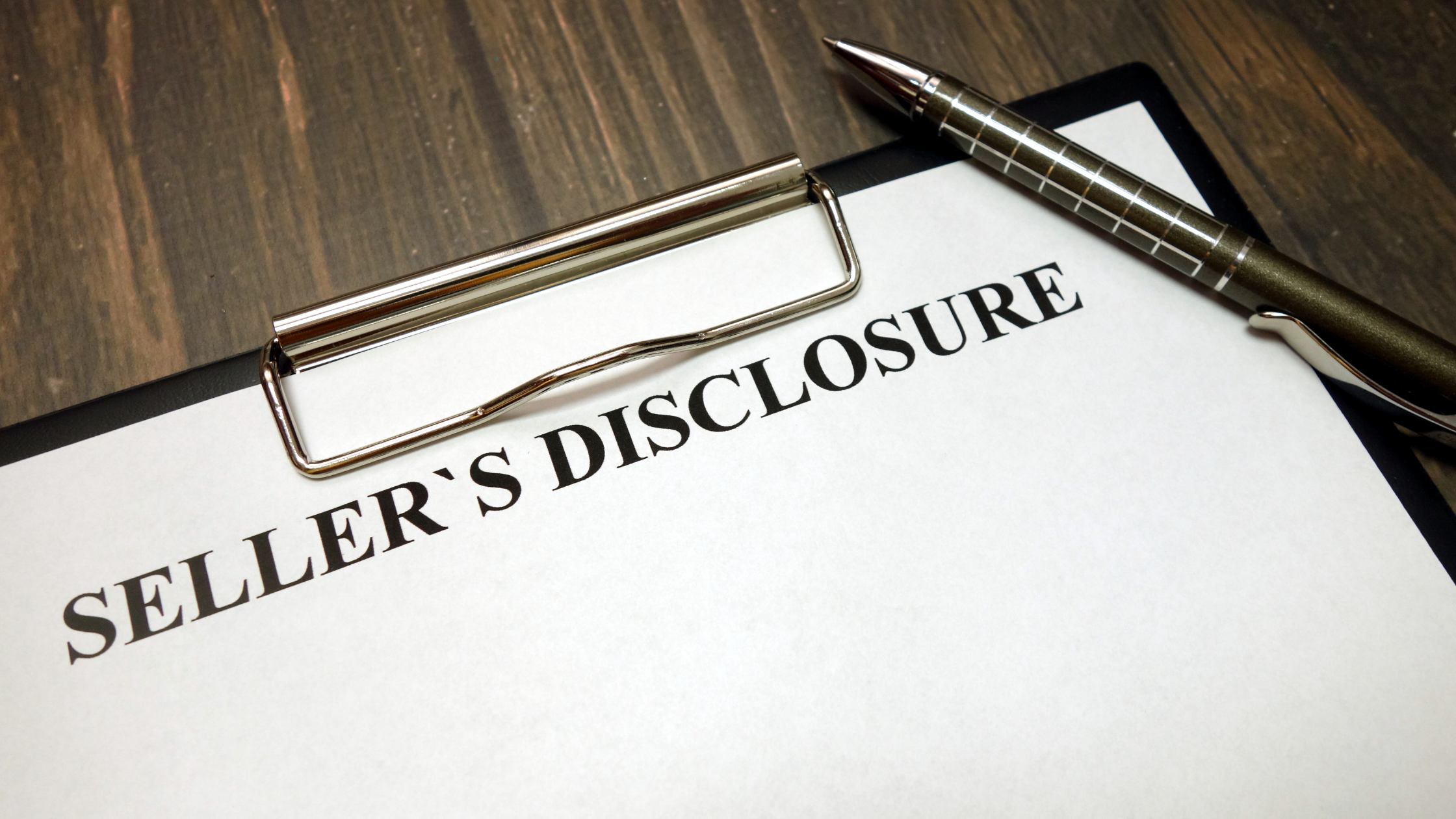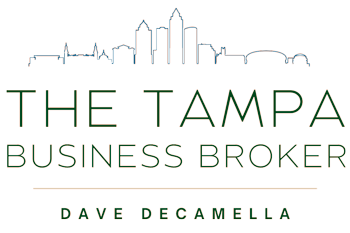
Maintaining confidentiality and proper disclosure are crucial for a successful business sale. Selling a business comes with the risk of sensitive information reaching the wrong hands, which can disturb employees, suppliers, and customers, or even lower the business’s value. Thus, mastering the skill of revealing just enough to attract serious buyers—without risking the business’s security—is essential. This requires strategic thinking, careful planning, and knowing what information to disclose at different stages of the sale. It’s about protecting the business’s integrity while managing the sale’s complexities, ensuring both seller and buyer proceed with confidence and respect for the needed confidentiality.
This is the third in a series of articles about confidentiality concern when your business is listed for sale.
- Timing
- Managing Uncertainty
- (this article) Proper Disclosure
In our opening piece, we tackled the topic of timing. The follow-up explored how to handle uncertainty, focusing on what and when to reveal. This third installment delves into the proper methods for disclosure.
I’m frequently questioned, “How can you promote a business without revealing too much information before an NDA is signed?”
This presents a classic catch-22 scenario.
For most “main street” listings, which typically refer to businesses valued at $5M or less, we employ a broad marketing strategy, utilizing hundreds of websites to maximize exposure. This strategy requires a careful balance; we aim to pique the interest of potential buyers by disclosing just enough information without giving away the identity of the business. A crucial step in this marketing process involves the business seller, who must approve all shared information before any details are made public.
3 phases in properly disclosing a potential buyer for most businesses:
- When a prospective buyer reacts to an advertisement or listing, they must sign a Non-Disclosure Agreement (NDA) if the business demands a down payment exceeding $150,000. In such cases, further details like a Personal Financial Statement (PFS) are also necessary.
- After executing the NDA, the next step is to evaluate whether individuals meet the “need to know” criteria. This is crucial because signing an NDA does not grant someone automatic access to all information. This juncture often sees business intermediaries losing control. Consider if the interested party is an employee, supplier, or even a competitor. Should they get access just because they’ve signed an NDA? Definitely not! A skilled business intermediary will conduct a thorough interrogation with key questions before advancing to the subsequent phase.
- At this point, we’ve established that your potential buyer is genuinely interested, respects the need for confidentiality, isn’t a local competitor, and isn’t a supplier or employee trying to discover if the ad relates to your business. They also have the financial means to actually buy your business. But that’s just the beginning. Now, we move on to disclosure, where the approach and the way we communicate become paramount. This step involves what’s known as a Confidential Information Memorandum (CIM). The CIM covers everything – recast finances, sales history and trends, lists of equipment, job descriptions, and just enough detail to shift your potential buyer from being interested to wanting to make an offer and purchase your business.
If confidentiality has been managed properly, by this point we really don’t have a lot to be concerned about, except…
You’ve accepted the offer, and your buyer is eager to proceed. They’re interested in reviewing your tax returns, consulting with your CPA, meeting your employees, and engaging with your customers and suppliers. They want to delve into every detail that sets your business apart from the competition. Welcome to the “due diligence zone.” The way we handle the disclosure of information—how, when, and what we reveal—will be crucial to the success of this deal. Working with The Tampa Business Broker, Dave DeCamella, will help you manage crucial steps including due diligence and maintaining confidentially to ensure a successful business sale.
Contact Dave DeCamella for a complimentary consultation and learn how we can help you sell your Tampa, St. Petersburg & Clearwater area business!
